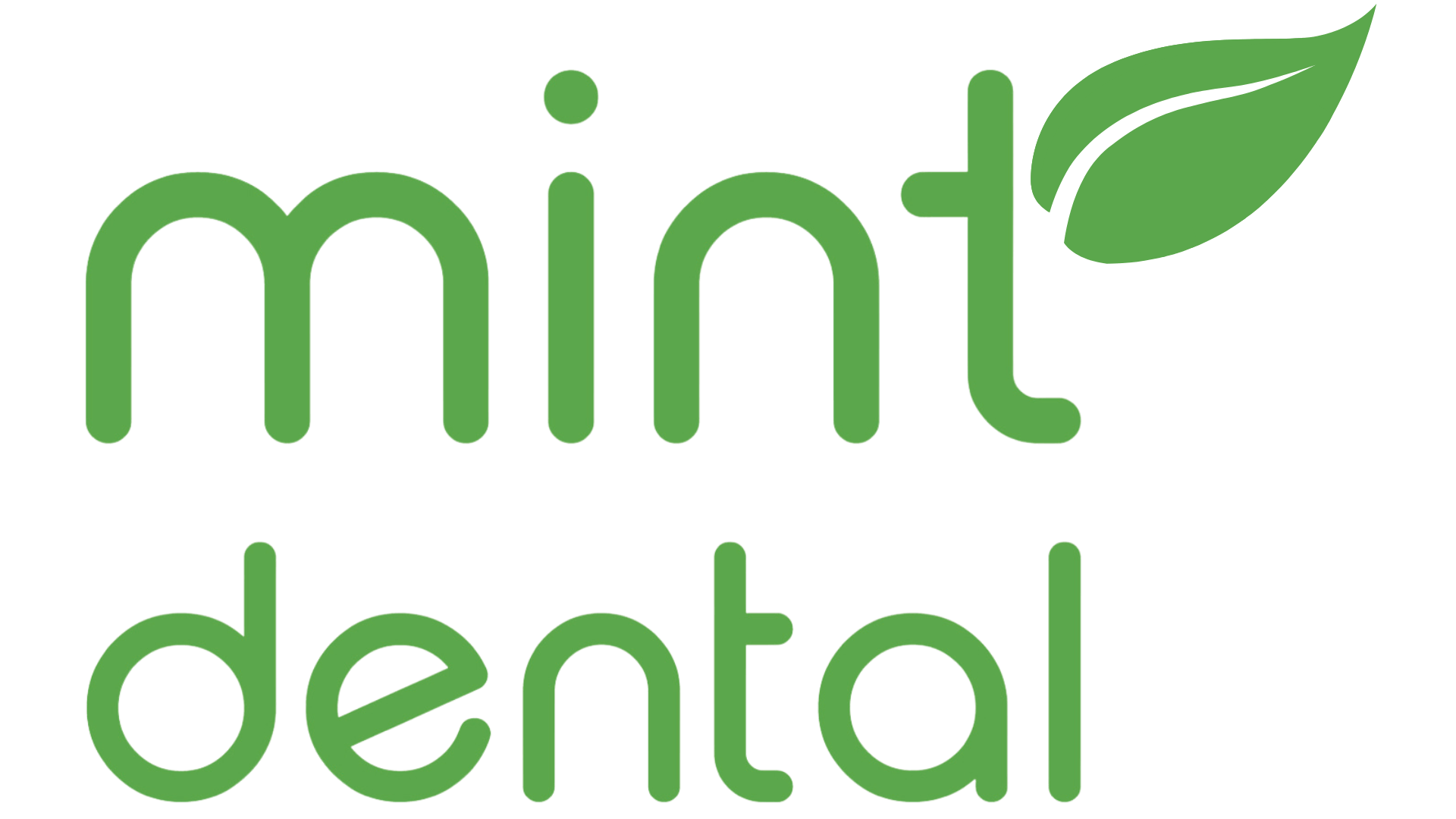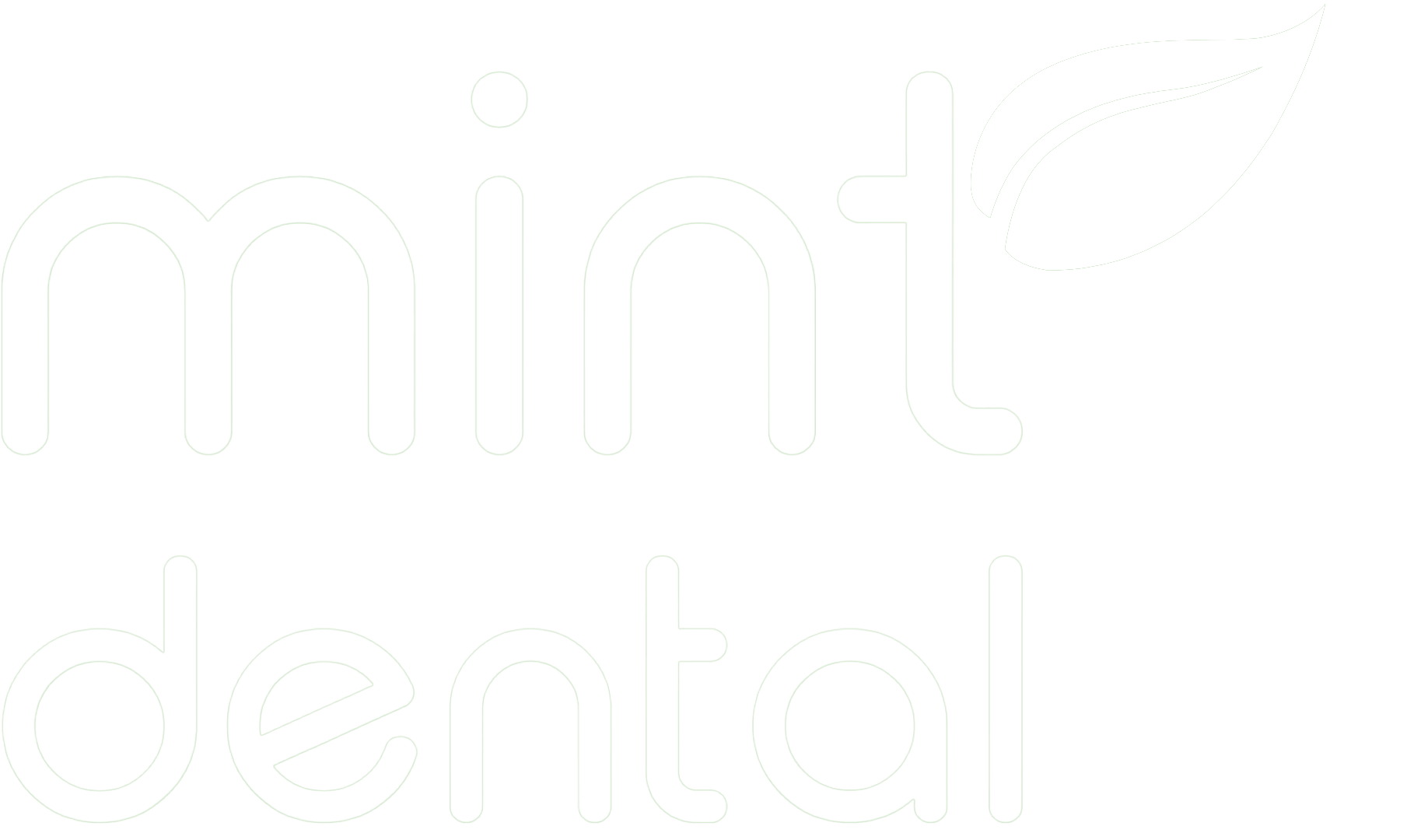TMJ Pain: How to Tell If It’s More Than Just Stress
September 29, 2025
Jaw pain, clicking, or headaches may feel like stress, but they could indicate an underlying TMJ disorder. In this post, you’ll learn the warning signs that your jaw discomfort is more than tension, common causes, treatment approaches, and when to see a dental professional in the Kansas City Metro area.

What Are TMJ and TMD?
- TMJ stands for temporomandibular joint. You have one on each side of your head that connects your lower jaw (mandible) to your skull (temporal bone).
- TMD (temporomandibular disorder) refers to dysfunction or disorders involving that joint, the disc between the bones, the surrounding ligaments, or the muscles that move the jaw.
- Because the joint must glide forward, backward, up and down, it is among the more complex joints in the body.
- Mild jaw soreness or tightness might result from stress or clenching, but when symptoms persist or worsen, TMD becomes a concern.
How Common Is It?
- Studies suggest TMD affects about 10–15% of adults, though many mild cases resolve on their own without treatment.
- It is more common in women, with estimates often placing women’s risk about two to three times that of men.
- Many people experience some jaw noises (clicking or popping) without pain. That alone often does not require treatment
Stress or Something More? Causes & Risk Factors
There are many overlapping causes for TMJ pain. Understanding them can help you recognize when something is more than stress:
- Bruxism (teeth grinding) / clenching — One of the most common contributors. Over time it strains the joint and muscles.
- Jaw trauma or injury — A blow to the face, whiplash, or even a dental procedure that overstretches the joint can trigger TMD.
- Arthritis — Degeneration of cartilage, osteoarthritis, or autoimmune joint disease can affect the TMJ.
- Disc displacement — The shock-absorbing disc between the bones may shift out of alignment, causing clicking, locking, or restricted motion.
- Abnormal bite / malocclusion — If your upper and lower teeth don’t align well, that can place additional stress on the joint.
- Hormonal, genetic, or structural variation — Research suggests estrogen may play a role, and some studies point to genetic or anatomical predispositions.
- Posture & muscle tension — Poor neck, shoulder, or head posture can strain the jaw muscles and aggravate TMJ problems.
Symptoms to Watch For: When It’s More Than Tension
Here are common symptoms that may require more attention:
- Clicking, popping, or grinding noises in the jaw, especially if accompanied by discomfort
- Jaw locking open or closed — episodes where you can’t fully open or close your mouth
- Persistent pain or stiffness in the jaw joint, face, neck, or side of your head
- Frequent headaches, particularly in the temples, side of head, or behind the eyes
- Ear symptoms — pain, ringing (tinnitus), fullness or pressure
- Difficulty chewing or soreness while chewing
- Feeling like your bite is off, shifting, or that your teeth don’t meet properly
- Muscle fatigue or spasms in the jaw or neck
- Other symptoms such as dizziness or shoulder pain referred from jaw dysfunction
If you experience multiple of these symptoms over several weeks, it’s time to consider that something may be more than stress.
How Dentists & Specialists Diagnose TMD
When you bring symptoms to your dentist, here’s what typically happens:
- Detailed history — When symptoms started, triggers, past injuries, stress history
- Physical exam — Jaw movement, bite, and muscle palpation
- Occlusion / bite analysis
- Imaging (X-rays, CT/CBCT, MRI as needed)
- Additional tests — Rarely EMG, joint vibration, or diagnostic injections
- Referral — To an oral surgeon, TMJ specialist, or physical therapist if needed
Treatment Options: Start Conservative, Move Gradually
Because TMJ disorders vary, most treatment begins with conservative, reversible approaches.
Self-Care & Lifestyle Adjustments
- Eat soft foods and avoid excessive chewing
- Limit wide yawning or chewing gum
- Use cold packs for flare-ups, warm compresses for stiffness
- Practice gentle jaw exercises and posture training
- Try massage or trigger-point therapy
- Focus on stress management with mindfulness or relaxation
- Correct posture and avoid resting your chin on your hand
Oral Appliances & Devices
- Splints / nightguards — Reduce clenching or grinding forces
- Minor bite adjustments — Rare and carefully planned only
Physical Therapy & Adjunct Therapies
- Stretching and exercises
- Ultrasound or TENS therapy
- Low-level laser therapy
- Injections — Corticosteroids or, in select cases, Botox for muscle spasm
More Invasive Procedures
- Arthrocentesis — Flushing the joint
- Arthroscopy — Minimally invasive repair
- Open-joint surgery — Last resort for severe cases
When to See a Dentist or Specialist
You should seek professional evaluation if:
- Symptoms last more than 3–4 weeks without improvement
- Discomfort is getting worse or affecting daily life
- You experience jaw locking (cannot open or close fully)
- Your bite feels off or shifting
- You have severe pain, ear symptoms, or headaches tied to jaw movements
At Mint Dental, we evaluate TMJ/TMD cases thoroughly for patients across Kansas City. Learn more on our
TMJ/TMD services page or
meet our care team.
Final Tips & Self-Care Checklist
- Stick to soft foods and avoid hard chewing
- Apply cold or warm compresses depending on your symptoms
- Practice gentle stretches and posture awareness
- Be mindful of clenching, gum chewing, or leaning on your chin
- Use a nightguard if recommended
- Try stress reduction tools
- Keep a symptom diary to track triggers and relief
- Don’t wait—see a dentist if symptoms persist
Jaw Pain? Act Now!
Jaw pain, clicking, or stiffness might seem like stress, but when those symptoms continue or begin to affect your life, it could be more. Early diagnosis and treatment can bring relief and prevent further damage.
Want clarity on your symptoms?
Contact Mint Dental to schedule a TMJ evaluation in Kansas City.
Contact us today and take the first step toward comfort and relief.
Dental Services

